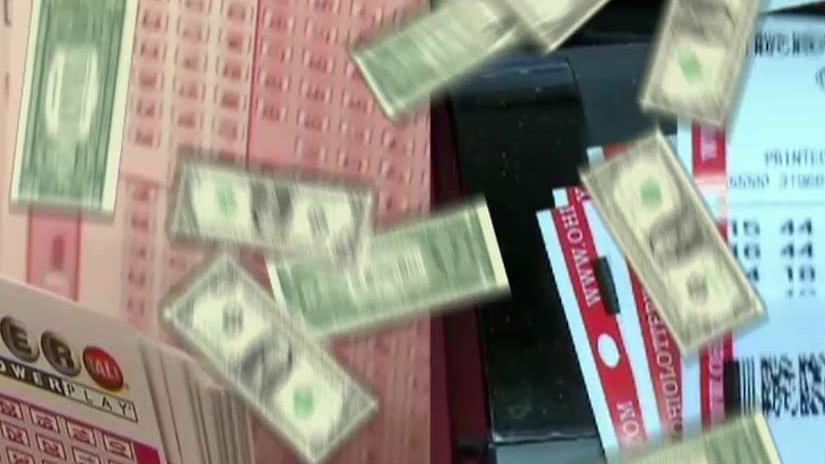Mega Millions $393M jackpot carries substantial tax bill
The Mega Millions jackpot has climbed to $393 million, and while many might be dreaming of winning the prize, they should know the IRS will come for a sizable chunk of the winnings.
Friday’s drawing marks the largest Mega Millions jackpot ever offered during the month of May, and ties for the tenth largest Mega Millions jackpot in history.
An individual with a winning ticket is faced with two options – either take the money in the form of a lump sum or an annuity payment – which would be paid out over the course of about 30 years.
In the case of the annuity payment – the less common option – a winner would receive one immediate payment and 29 consecutive ones. The amount paid increases by 5 percent each year, according to K. Eli Akhavan, partner and chair of the Private Client and Wealth Preservation Group at CKR Law.
If the prize is taken in the form of a lump sum, it would be valued at $244.2 million. About $58.6 million will be immediately withheld in federal taxes, bringing the amount down to around $185.6 million.
The IRS will also likely tax the winnings at the highest federal income bracket, which now sits at 37 percent for individuals with incomes in excess of $500,000. You would owe any difference left over between that tax rate (37 percent) and the federal withholding rate (24 percent) when you file your tax return at the end of the year – or 13 percent. In this case that shaves off another $31.7 million.
Depending on where the winner lives, the jackpot could also be subject to state taxes, with amounts that range from 0 to 8.82 percent.
Prior to the implementation of state taxes, the lump sum jackpot would be worth $153.9 million.
Winnings are not subject to the 3.8 percent net investment income tax.
If the winner plans on giving money away, under current law he or she is allowed to give up to $15,000 to as many people as desired without tax consequences.
CLICK HERE TO GET THE FOX BUSINESS APP
Akhavan advised any lottery winners to retain an attorney to help with asset protection.
“I frequently advise my clients on the use of sophisticated trusts and other techniques to ensure maximum protection,” he said. “A financial advisor should be selected to help prudently invest these assets. We here all too often about lotto winners whose funds are mismanaged and they end up squandering their fortune.”
Last month, a 24-year old man in Wisconsin claimed the $768.4 million Powerball jackpot – the third-largest in history.




















